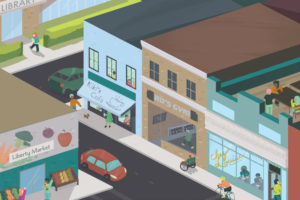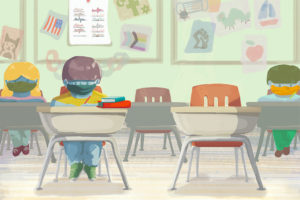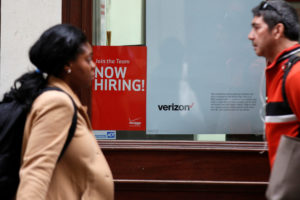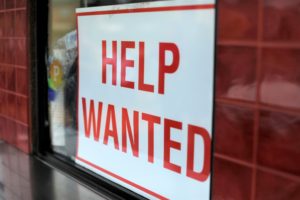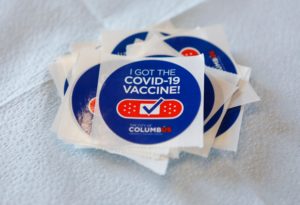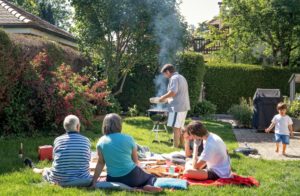All Research
CommentaryNovember 29, 2021
Why Crime Likely Won’t Be An Issue In The 2022 Midterms
Violent crime is up. Data from the FBI found that the murder rate increased nearly 30 percent in 2020. And homicides continue to rise in 2021 as well, if not by quite as much. Americans have noticed.
Survey ReportOctober 20, 2021
Public Places and Commercial Spaces: How Neighborhood Amenities Foster Trust and Connection in American Communities
The COVID-19 pandemic forced Americans across the country to reconsider their residential priorities. Today, many Americans would prefer to live in small towns or rural areas rather than denser urban neighborhoods, and they are more likely to prioritize personal space over access to community amenities. The report investigates the physical and social features of local communities that Americans value most.
Survey ReportSeptember 22, 2021
Controversy and Consensus: Perspectives on Race, Religion, and COVID-19 in Public Schools
At a time of rapid cultural change, Americans continue to debate what students should learn about race, sex, and religion. While the public broadly supports students learning about America’s complicated racial legacy, political divisions persist. Democrats are far more willing to defer to teachers, while Republicans want a much larger role for parents in education decisions.
CommentaryJuly 25, 2021
We Asked Hundreds of Unemployed Americans What’s Keeping Them Out of Work — It’s Not Unemployment Benefits
The Survey Center for American Life’s new survey shows a difference in needs between the pandemic unemployed and the chronically unemployed.
CommentaryJuly 20, 2021
Can Married Men and Women be Friends? Marriage, Friendship, and Loneliness
The time we invest on our relationships, whether it is with a partner, spouse, or a friend, is likely the most important thing we can do to ensure a long, healthy, and fulfilling life.
Survey ReportJuly 15, 2021
The Great American Jobs Reshuffle
The COVID-19 pandemic decimated American workplaces, yet workers’ experiences varied dramatically. This report examines current unemployment trends and how workers navigate an uncertain environment. In the wake of the pandemic, workplace flexibility is more important for everyone, even if not all workers agree on the benefits of remote work.
CommentaryJuly 6, 2021
American Men Suffer a Friendship Recession
After a prolonged period of social isolation, Americans are dusting off their social calendars. But as Americans try to rebuild and reconnect, a new survey conducted by the Survey Center on American Life finds that the social landscape is far less favorable than it once was.
CommentaryJune 29, 2021
Peer Pressure, Not Politics, May Matter Most When it Comes to Getting the COVID-19 Vaccine
Americans experience widely different levels of social pressure to get the COVID-19 vaccine. And for better or worse, our friends exercise considerable influence over the information we have and the decisions we make.
CommentaryJune 8, 2021
Suburbs Are Not Less Social Than Cities
Many believe there are meaningful differences in sociability based on where Americans reside. New data from AEI’s Survey Center on American Life counters this narrative and finds little difference in the social lives of urbanites, suburbanites, and their rural counterparts.
Survey ReportJune 8, 2021
The State of American Friendship: Change, Challenges, and Loss
The May 2021 American Perspectives Survey finds that Americans report having fewer close friendships than they once did, talking to their friends less often, and relying less on their friends for personal support.


